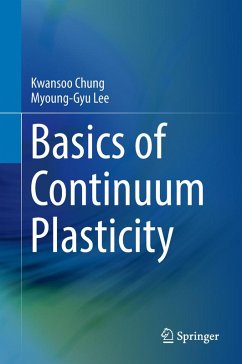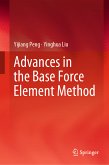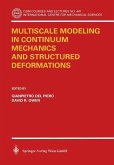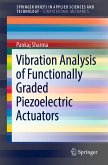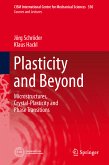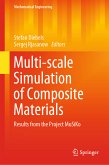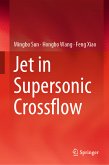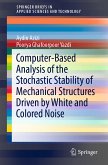This book consists of three parts. The first part deals with the characteristics of plasticity and instability under simple tension or compression and plasticity in beam bending and torsion. The second part is designed to provide the basic principles of continuum mechanics, and the last part presents an extension of one-dimensional plasticity to general three-dimensional laws based on the fundamentals of continuum mechanics. Though most parts of the book are written in the context of general plasticity, the last two chapters are specifically devoted to sheet metal forming applications. The homework problems included are designed to reinforce understanding of the concepts involved.
This book may be used as a textbook for a one semester course lasting fourteen weeks or longer. This book is intended to be self-sufficient such that readers can study it independently without taking another formal course. However, there are some prerequisites before starting this book, which include a course on engineering mathematics and an introductory course on solid mechanics.
Dieser Download kann aus rechtlichen Gründen nur mit Rechnungsadresse in A, B, BG, CY, CZ, D, DK, EW, E, FIN, F, GR, HR, H, IRL, I, LT, L, LR, M, NL, PL, P, R, S, SLO, SK ausgeliefert werden.

